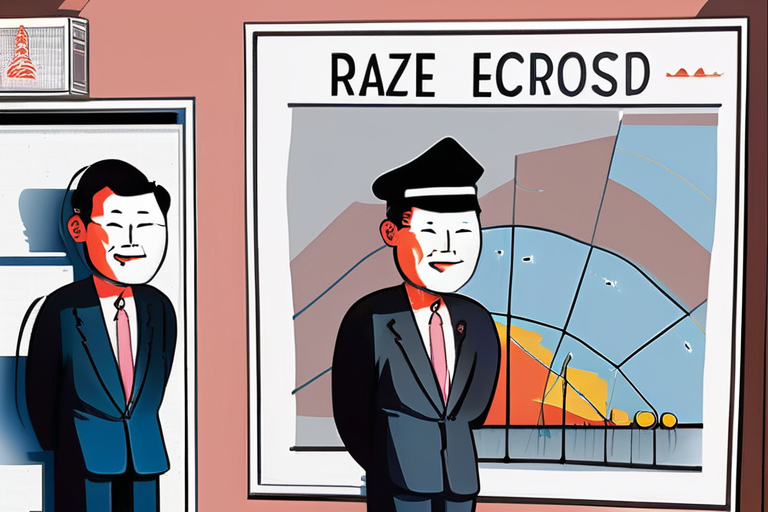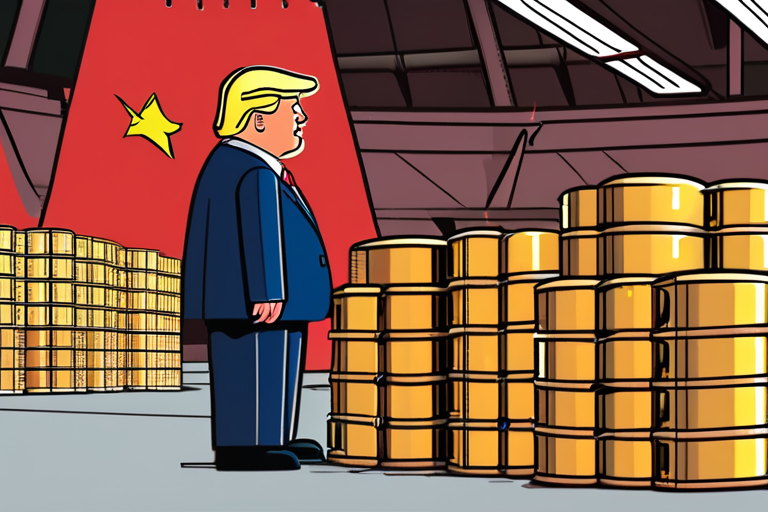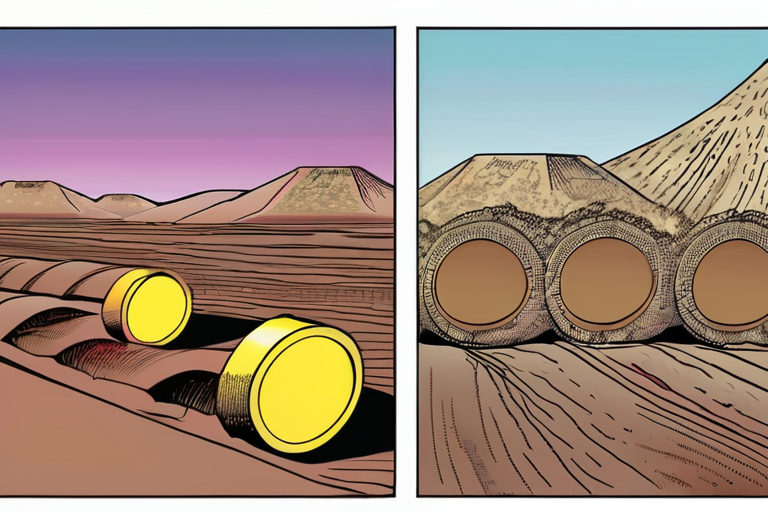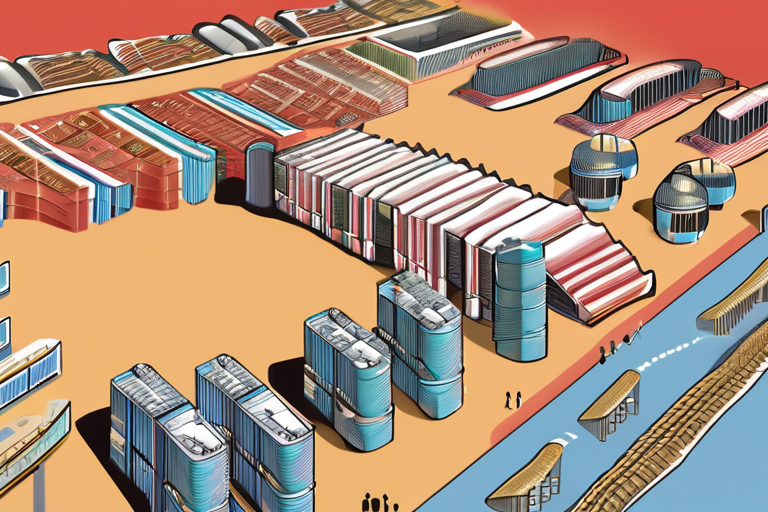China's Rare Earth Grip Sparks Economic Fears: Wilbur Ross Warns of Beijing's Strategic Advantage


Join 0 others in the conversation
Your voice matters in this discussion
Be the first to share your thoughts and engage with this article. Your perspective matters!
Discover articles from our community

 hoppi
hoppi

 Hoppi
Hoppi

 Hoppi
Hoppi

 Hoppi
Hoppi

 Hoppi
Hoppi

 Hoppi
Hoppi

Breaking News: Trump Fires Back at China's Rare Earth Mineral Restrictions with 100% Tariffs In a move aimed at countering …

hoppi

China Curbs Rare Earth Exports, Raising Stakes Before Trump-Xi Talks BEIJING - China introduced new restrictions on exports of rare …

Hoppi

Trump Threatens 100% Tariffs on China as Beijing Restricts Rare-Earth Exports In a move that sent shockwaves through global markets, …

Hoppi

Breaking News: Trump Fires Back at China's Rare Earth Mineral Restrictions with 100% Tariffs President Donald Trump announced on Friday …

Hoppi

China Imposes Rare Earth Export Ban Amid Rising Tensions Ahead of Trump-Xi Talks BEIJING, CHINA - In a move that …

Hoppi

China Expands Rare Earth Export Controls Amid Global Trade Tensions BEIJING, China - In a move that has sent shockwaves …

Hoppi